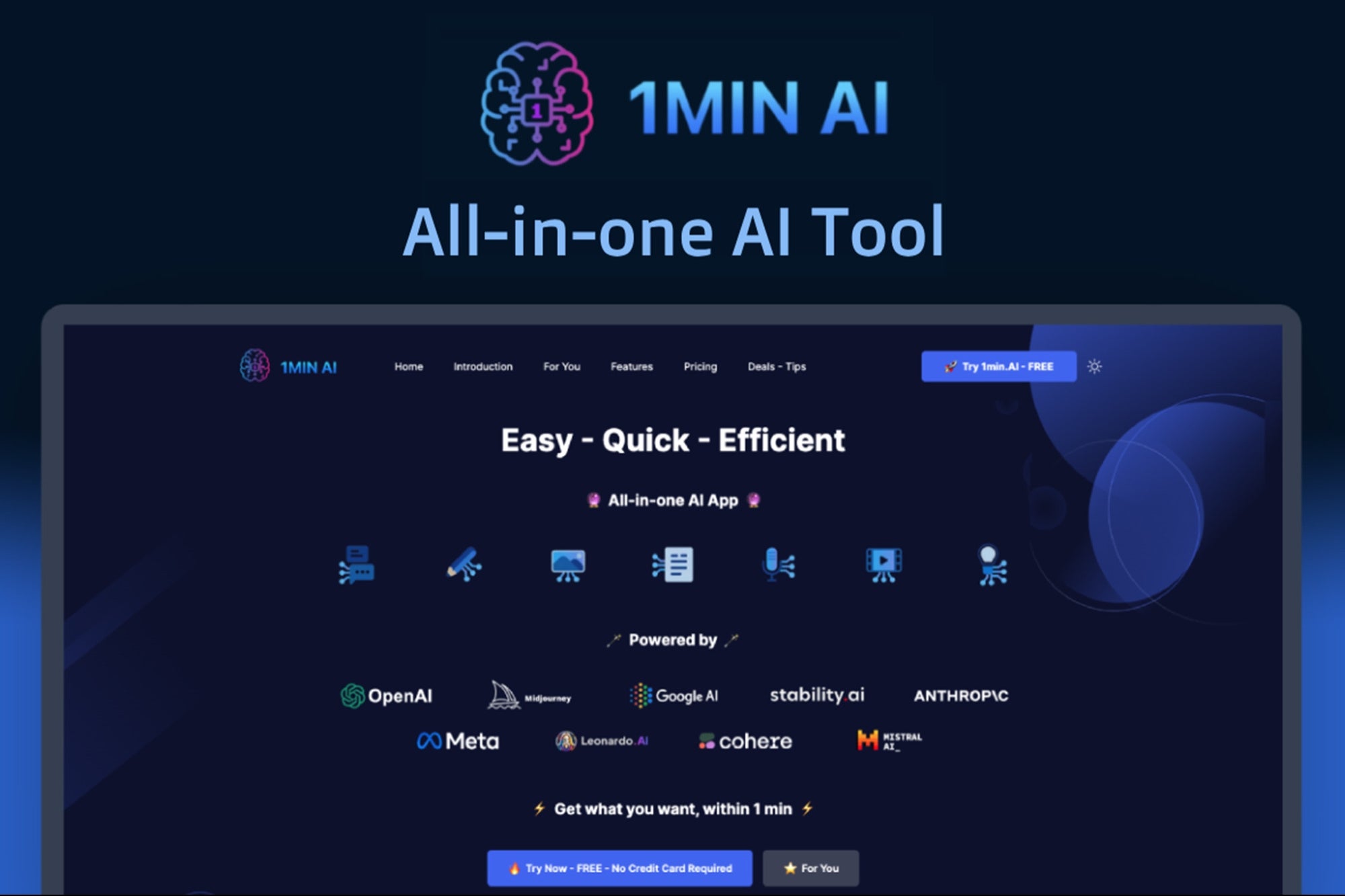Starbucks Finds a Free-Market Solution to Education Costs An important shift in who actually subsidizes out-of-control tuition inflation seems like a good first step.
By Ray Hennessey Edited by Dan Bova
Opinions expressed by Entrepreneur contributors are their own.
Starbucks has shown President Obama that the free market can do what government cannot: Make college more affordable.
The coffee giant has announced plans to subsidize tuition payments for students in their junior and senior years in the online degree program at Arizona State University. Starbucks employees will have the tuition paid by the company for those years, while freshmen and sophomores will be eligible to apply for certain scholarships.
Companies of all stripes have long offered some sort of tuition reimbursement for employees, but those programs frequently focus on graduate school and are almost always partial payments. Starbucks is taking these programs a step further, offering it to undergrads and footing the whole bill.
And Starbucks is different in that it is partnering with just one college. That's an important distinction because it implies a deal has been struck on price. Because Starbucks is providing ASU with a steady stream of students, the company can essentially buy in bulk, driving down the price per credit from the $480 to $543 ASU currently charges. For ASU, it can inexpensively add to an already-profitable program: Online offerings are more scalable than campus-based ones, and most of the costs come at the very beginning. ASU's program has been in place for years, and it considered one of the country's best. For ASU, the margins are good, even with a discounted rate.
Related: Why 'Ghostbusters' Should Be Every Entrepreneur's Favorite Movie
So, in economic terms, Starbucks is using its bulk-buying power to squeeze a supplier, and the supplier is adjusting by providing its best-margin product at a discount that will still help the bottom line.
That's the free market for you.
So why can't it happen elsewhere? Many people lament about college costing too much and saddling young people with too much debt. Lost is that higher education is the one area of our society where prices rise at a rate that far exceeds inflation. Colleges and universities have to charge high tuition because tenure creates a structural employment problem. Like the Roach Motel, professors check in, but they don't check out. That means traditional cost-cutting measures -- namely layoffs -- come from administrative jobs. So costs are difficult to keep in check, particularly for the largest universities, which have to support multiple programs.
In the rest of the economy, if you price something at a rate where no one can afford it, then no one actually buys it. But, with college, there is a trick: Students can take loans to pay the colleges, and those loans are backed by the U.S. government. True, they have low interest rates, but they still provide a debt burden to the borrower. Yet, they allow colleges more flexibility in what they can charge since more students have access to money to pay their bills. In essence, the government -- meaning the taxpayers -- subsidizes above-inflation tuition hikes.
The Starbucks plan has a chance of breaking that cycle. Starbucks negotiates the price of college based on what its actuaries think it can afford. (Starbucks says officially that it doesn't know the cost yet, because it doesn't know how many workers will sign up. But, since it's a public company and chief executive Howard Schultz is far from naive, there are internal numbers that make this feasible. Starbucks is, after all, a public company, and answerable to shareholders, who don't like to lose money.)
Related: What Nannies Teach Us About Smart Regulation
ASU, even having to eat a reduced tuition rate, will likely see profitability rise in its online program. The profits there can help ease budget problems in its on-campus programs. That gives it more flexibility to keep tuition rates for everyone in check, making ASU far more competitive than other schools. If ASU administrators are smart, they will tout their first-mover advantage in partnering with a national corporation to sell similar programs, at similar discounts, to other companies. After all, most companies want what Starbucks is getting: a relatively inexpensive way to attract and retain the best talent, the kind of employee that cares about personal and professional development enough to finish her degree.
Of course, the Starbucks deal isn't quite the vast, utopian, free-market future we imagine it to be. For one thing, the government is still subsidizing education in a way because Starbucks will be getting a tax break for this benefit. The Internal Revenue Service allows companies to exclude a certain amount of tuition assistance from the taxable wages it provides. So, through lower tax receipts, taxpayers, in a way, are subsidizing this program, too.
And there are no guarantees that universities learn from this. There is a comfort in the way tuition is subsidized by the government, and many campuses distrust private-sector involvement in programs. The addicition of runaway tuition won't be solved until colleges and universities realize they have a problem, and thus far they are perfectly happy to be enabled by Washington.
Still, the Starbucks plan is a solid first step toward better way forward. It is certainly a step up from the path we're on, where uncontrolled educational costs subsidized more directly by the American taxpayer. The policy response from President Obama thus far has been to tackle debt relief and interest rates to fix the current subsidies, but that's largely because government always looks to the bureauocracy within for solutions. Getting people to get a job, work their way through college at a real company and graduate with an absence of debt seems like a far superior approach.
You can thank the private sector for that.
Related: What Will Get Americans Working Again?










